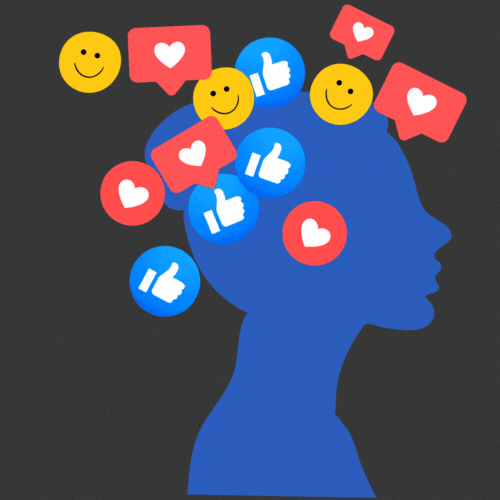How Branded Products Build Relationships and Loyalty
We live in a content-driven world where swag has evolved beyond simple promotional giveaways. When premium swag is paired with the right influencers, it can become a powerful tool for spreading brand awareness and deepening emotional connections between consumers and brands.
To understand why this happens, we need to explore the psychology behind swag and the role influencers play in boosting brand perception.
The Emotional Value of Freebies: Why We Love Swag
Human beings are wired to respond positively to free items. This behavior can be traced back to the concept of reciprocity, which is a key principle in social psychology. When we receive something, even if we don't particularly want it, we feel an unconscious urge to give something back. Dr. Robert Cialdini explains this principle well in his groundbreaking work on persuasion where he shows that giving can prompt people to return the favor in some form—be it loyalty, a purchase, or even a recommendation to others.</span>
A study by the British Food Journal demonstrated the powerful effect of reciprocity in marketing contexts. Participants who received small free samples at grocery stores were significantly more likely to purchase the sampled product compared to those who didn't receive a sample. This behavior extends to swag. Branded merchandise—whether a water bottle, a tote bag, or a trendy T-shirt—invokes a subtle psychological need to reciprocate in the form of brand engagement or even a purchase.</span>
Tangible Reminders of Emotional Bonds
Swag isn't just about free stuff; it's also about creating physical, tangible connections. We live in an increasingly digital world, but physical items still hold immense emotional value.
Swag items serve as physical reminders of an experience, event, or interaction with a brand, deepening the emotional connection between the consumer and the company. Whether it's a branded T-shirt from a festival or a limited-edition product sent by an influencer, these items act as "souvenirs" that keep the brand top-of-mind.
Psychologically, people tend to value items they can associate with meaningful experiences, a phenomenon called symbolic consumption. A study published in The Journal of Historical Research in Marketing found that people attach emotional significance to items that remind them of particular events, relationships, or identities.
For example, if someone receives a branded water bottle from a favorite influencer or at an exclusive event, the item becomes more than just a bottle; it's a keepsake from that experience.
Why Influencers Amplify the Power of Swag
In recent years, influencers have taken center stage in modern marketing, effectively becoming the bridge between brands and their audiences. They humanize brands by embodying the values, aesthetics, or lifestyle that resonate with their followers. When influencers distribute swag, they add layers of meaning and social proof to the items, amplifying their appeal.
The Halo Effect: Borrowing Trust and Credibility
Psychologists have identified the halo effect as a cognitive bias that causes people to transfer positive perceptions of one quality onto another, even unrelated, quality. When influencers, who have already earned the trust of their followers, promote or give away swag, this positive perception spills over onto the brand.
The halo effect makes people more likely to see the brand as trustworthy, stylish, or innovative simply because they associate it with the influencer's personal brand.
If you want to know more about this effect, read the 2017 study published in the Journal of Business Research. The study demonstrated how endorsements by celebrities or influencers improved brand perception and purchase intent, even when the followers were previously unfamiliar with the brand. It underscored how the halo effect works in both traditional and modern influencer marketing.</span>
Social Proof: The Power of Influence
In the hands of influencers, swag also benefits from the psychological principle of social proof. Social proof refers to our tendency to mimic the actions of others, especially when we are uncertain about what to do. When influencers promote merchandise, they are not just endorsing the brand; they are providing their followers with a model for behavior—whether that's wearing a certain style, using specific products, or subscribing to a particular brand philosophy.
This behavior aligns with Bandura's Social Learning Theory, which posits that people learn behaviors through the observation of others, especially when those others are admired or perceived as authority figures.
In today's digital age, influencers are the new authority figures for many consumers, guiding everything from purchasing decisions to lifestyle choices. When an influencer is seen using branded merchandise, their followers are more likely to do the same.
Swag as a Tool for Identity Expression
Swag and influencer partnerships tap into one of the most fundamental aspects of consumer behavior: identity expression. Consumers buy products and wear branded merchandise not just for practical reasons but because they want to communicate something about themselves—whether it's a personal belief, a sense of belonging, or a connection to a particular lifestyle.
Psychologists have long studied how self-concept drives consumer behavior. According to Aaker's Brand Personality Framework, people gravitate toward brands that mirror aspects of their own personalities.
If a brand aligns with someone's self-image or aspirational identity, they are far more likely to engage with it. Influencers play a pivotal role in this dynamic by acting as conduits for these aspirational identities.
For instance, if a popular fitness influencer gives away branded athleisure swag, followers who align with a fitness-centric lifestyle will feel a stronger connection to that brand because it represents the same values and goals they identify with. The branded item becomes a symbol of their identity and allows them to express it to others.
The Long-Term Impact: Building Loyalty and Community
The true power of swag and influencer partnerships lies in their ability to foster long-term relationships. Swag acts as a brand touchpoint, keeping the company in the consumer's everyday life. But beyond that, it's a gateway into a brand community.
A study published in the Journal of Marketing found that consumers who receive branded merchandise are more likely to become repeat customers and advocates for the brand. This behavior is rooted in a psychological need for belonging. Branded swag can act as a membership badge, signaling that someone is part of a particular community or tribe.
For example, companies like Nike, Supreme, and Apple have turned their branded products into symbols of belonging. These items are more than just functional or fashionable—they are badges of identity within larger social groups. Influencers amplify this effect by making their followers feel part of an exclusive community when they receive or purchase branded swag.
The Convergence of Swag, Influencers, and Psychology
The psychology behind swag and influencer marketing is deeply intertwined with fundamental human behaviors such as reciprocity, social proof, and identity expression. Swag is more than just promotional material; it's a tool for creating emotional bonds, fostering loyalty, and building communities.
When influencers are brought into the equation, they add layers of credibility, trust, and aspiration, turning ordinary merchandise into symbols of belonging and identity.
For brands looking to leverage the full power of swag, the key lies in creating authentic connections. The right partnerships with influencers and thoughtful swag distribution can turn a simple giveaway into a long-term relationship between brand and consumer.
By understanding the psychological principles at play, brands can harness the full potential of merchandise to drive loyalty and community in today's influencer-driven marketplace. With decades of experience in mech-driven brand building, we're experts in this field. Talk to us about making your brand shine.




